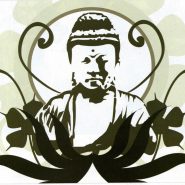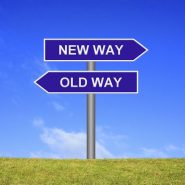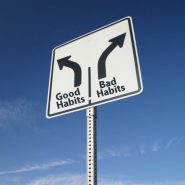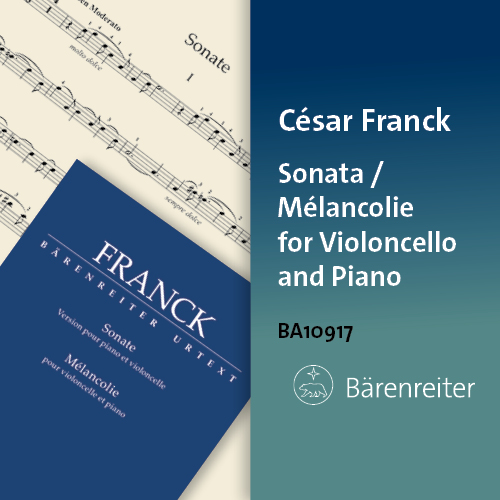Tag: brain
By Barbara Bogatin November 6, 2014
Subjects Practicing
By Selma Gokcen June 16, 2013
Subjects Playing Healthy
Tags about thumbs, advances, Arizona State University, brain, brain space, cello, cellobello, Changes in the ligament, Chimps and monkeys, closed fist position, conform the thumb, dexterity, discussion, Gokcen, grasp, highest levels, index finger, language, manipulate tools, Mary Marzke, middle finger, modern humans, modified design, neck of the cello, opening and closing the hand, palm, physical anthropologist, playing a musical instrument, potential, primates, professor, Selma, skill, talent, Thumbs, variation
By Selma Gokcen February 3, 2013
Subjects Playing Healthy
Tags Alexander Technique, animate, arms, attention, automatic movement, back, behave, brain, cello, cellobello, collapse, doing, exploration, feet, fingers, force, Gokcen, Habits, hands, laying on the floor, learning, legs, manifest, mental messages, music, music-making, nature, neck, Observation, overcome deeply ingrained habits, Pablo Casals, Patrick Macdonald, perceive, powerful expressiveness, pressure, primary information, process, pushing, re-education, react, rediscovering, Selma, shortcuts, shoulders, strain, stretching, the value of quietness, thinking
By Selma Gokcen November 5, 2012
Subjects Playing Healthy, Practicing




